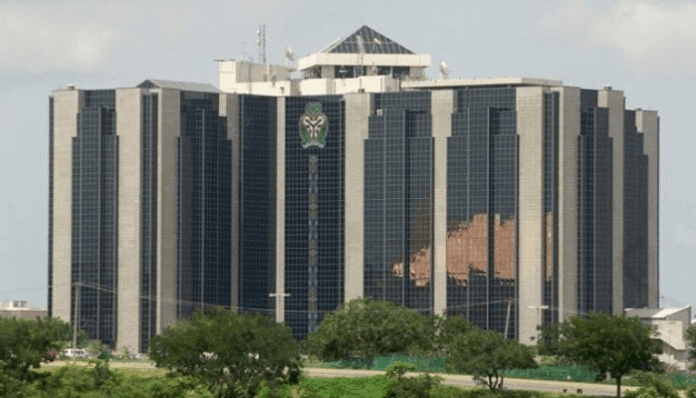As corporate activity increased for the tenth straight month, Nigeria’s economy displayed fresh power in September 2025. Rising to 54.0 points, up from 51.7 in August, the Central Bank of Nigeria (CBN) said the nation’s Purchasing Managers’ Index (PMI) suggested greater growth in important industries.
The sustained growth in the third quarter of 2025 demonstrates broad-based advancements in industry, services, and agriculture. This resurgence points toward growing investor confidence and a stable economy notwithstanding inflationary pressures.
Wide sectoral expansion shows increased momentum
The CBN report emphasized better performance in important sectors of the economy. Rising to 54.8 points, the Output Index suggested quicker and more effective supply networks. New Orders hit 53.7, Employment rose to 53.4, and Suppliers’ Delivery Time advanced to 54.6.
Of the 36 subsectors studied, 28 grew—led by Forestry with an amazing 73.6 points—while only eight contracted somewhat. Fueled by increases in Printing and Related Supporting Activities (59.4 points), the industrial sector rebounded to 51.4 points after briefly falling below 50 in August.
Rising to 54.7 points, the services sector kept its upward trajectory, therefore mirroring good business activity and growing demand across educational and financial services. Driven by robust production in forestry and general farming, the agriculture sector continued to be the best performer with 54.8 points.
Consistent job growth and increased domestic demand are bolstering the private sector resilience of Nigeria, which helps companies steady their operations in the face of high costs. Early indications of recovery from past economic tightening include the sustained upward trend in all main industries, as well as improved credit availability and increased manufacturing efficiency.
Continuing Price Pressure Continues
Businesses still struggle with increasing costs even with the improvements. With 68.4 points registering the strongest cost pressures, agriculture saw input prices remain higher than output prices across all industries. But services companies were able to show the highest output prices, indicating more pricing power.
Outlook Continues Positive
A PMI score over 50 indicates growth; Nigeria’s 54.0 score for September supports expectations for a steady economic rebound going into the last quarter of 2025. Continuous improvements in supply chain efficiency and productivity might boost development potential as Nigeria negotiates its post-tightening economic phase.



